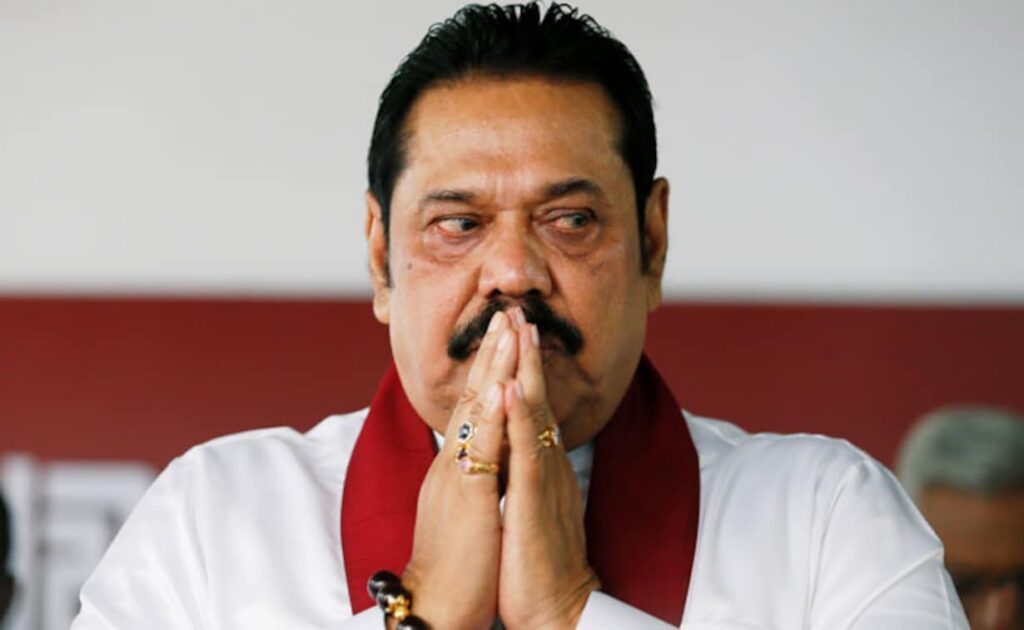Causes of crisis
Rajapaksa executed populist tax cuts in overdue 2019, reducing revenues just months earlier than the pandemic devastated the economy, with global flights grounded and successive lockdowns ordered. Remittances from distant places Sri Lankan workers dried up as well as many misplaced their jobs. With foreign-trade income plunging, Sri Lanka struggled to control its outside debt, which had grown in part due to loans from China to fund formidable infrastructure tasks. Despite the fact that Sri Lanka has acquired credit score lines from neighbors like India, it has been not able to regularly pay for imports of gas and crucial foods. Making topics worse become Rajapaksa’s pivot in 2021 to natural farming with a ban on chemical fertilizers that induced farmer protests and noticed the production of crucial tea and rice crops decline.
The economics crises
The economy of $81 billion is near to bankruptcy, as Russia has invaded Ukraine this also has given rise to prices of oil along with other commodities. Sri Lanka’s growth is slow and inflation is at multiyear highs — consumer prices surged almost 30% in April from a year earlier, after a jump of almost 19% in March. The interest rates have risen, and the local currency is being devalued. But with a meager $2 billion in foreign exchange reserves and $7 billion in debt payments due this year, restoring the country’s economic health remains an uphill battle. Due to the economic crisis, the people of Siri Lanka start protesting against the government, the prime minister Mahinda Rajapaksa resigned on May 9 leaving no government in place to lead talks with the International Monetary Fund for emergency funds to buy food and fuel.
The Protest
Sri Lanka’s Prime Minister, Mahinda Rajapaksa, resigned on Monday, following weeks of protests against his government.
The country has been rocked by civil unrest since March, with demonstrations at times turning violent as anger builds over the government’s apparent mishandling of Sri Lanka’s worst economic crisis since declaring independence from Britain in 1948.
A nationwide curfew was imposed after clashes broke out between supporters of the ruling party and anti-government demonstrators in the capital city, Colombo, the police said Monday. The restrictions were announced shortly before Rajapaksa announced his resignation.
Anti-government protesters attacked buses carrying local officials who traveled to Colombo on Monday morning to attend a meeting with the Prime Minister, according to the national police.

A severe fight between the government and anti-government supporters.
Colombo National Hospital said, “More than 151 people were admitted to the hospital following violence at the protests.”
UN Secretary-General Antonio Guterres wants Sri Lankans to find a solution through dialogue to the crisis in their country, whose Prime Minister Mahinda Rajapaksa resigned amid violent clashes spurred by an economic crisis, his Deputy Spokesperson Farhan Haq said on Monday.
“We continue to encourage all Sri Lankan stakeholders to find a solution to the current challenges through dialogue and with the interests of the country and the people in mind,” Haq said.
Siri Lanka Needs Help


